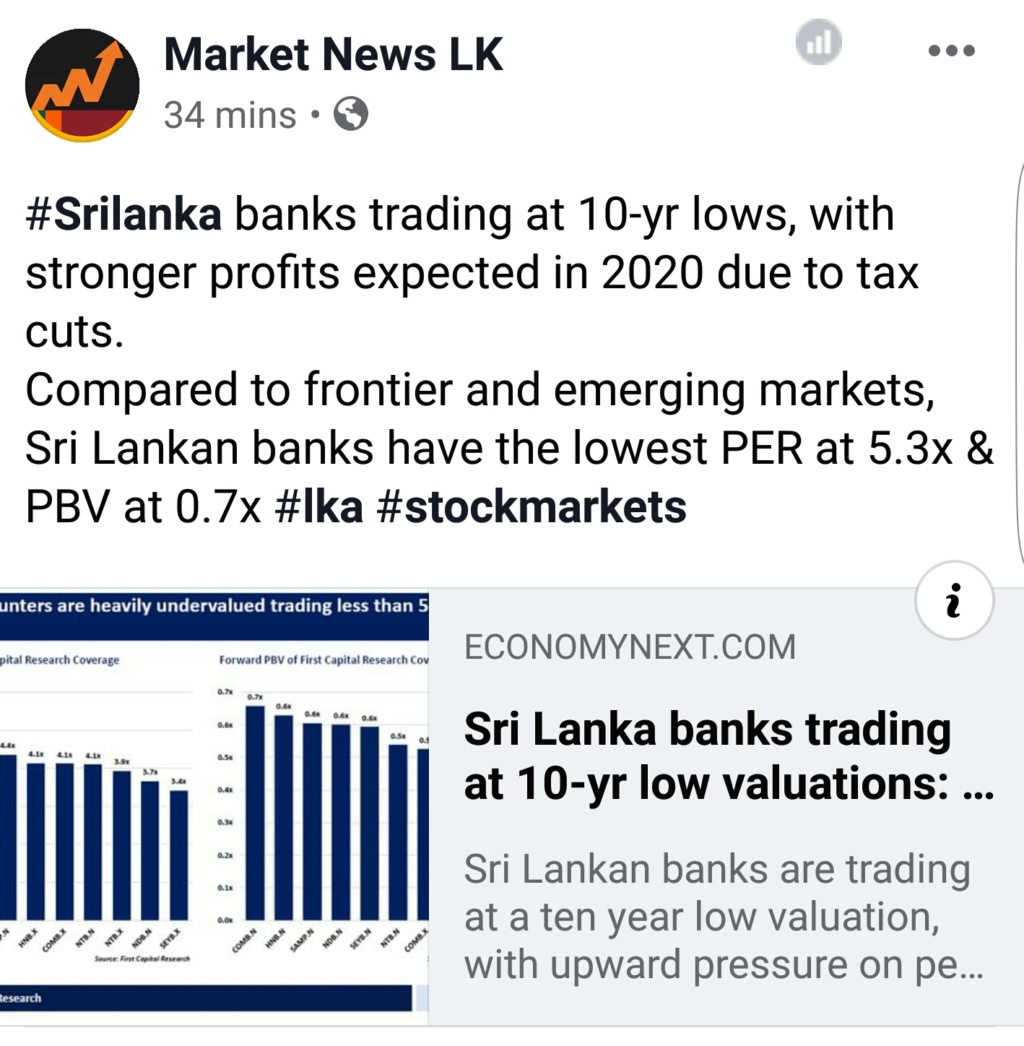Sri Lanka climbs in misery index in 2019 after currency collapse
ECONOMYNEXT – Sri Lanka’s economic misery has increase in 2019, according to an annual global index compiled by a Johns Hopkins economist Steve Hanke, as the island’s growth slipped and inflation and interest rates climbed after the latest currency collapse.
Sri Lanka’s misery index score climbed to 17.9 points in 2019 from 16 in 2018, according to the latest index published in National Review, a US based publication.
The rupee collapsed from 153 to 182 to the US dollar in 2018, amid liquidity injections to keep down rates.
In 2018, Sri Lanka’s misery index number fell to 16 points from 18.9 points in 2017 as the economy recovered from a previous currency collapse.
Sri Lanka’s tourism sector was also hit by suicide bombings in April 2019.
Hanke’s Annual Misery Index (HAMI) is compiled by adding unemployment, inflation and bank lending rates, and substracting the percentage change in real gross domestic per capita.
The original misery index had been compiled by economist Arthur Okun to provide then US President Lyndon Johnson an easy to understand view of the economy, using only inflation and unemployment.
It had then been modified by economist Robert Barrow of Harvard, which had been further refined by Hanke.
Sri Lanka’s misery index has been climbing since monetary instability worsened after 2015, when the index was around 15.
Sri Lanka’s unemployment relatively low and stable and lending rates has usually been the main driver of index changes in recent years.
Sri Lanka place worsened to the 31 st most miserable countries out of 95 in 2019, from 35 in 2018.
The relative ranking changes depending on how other countries perform. The relative ranking may worsen depending on how others perform, even if there is an absolute improvement in the index number.
In 2019, conditions in Hong Kong, a country with a high degree of monetary stability and usually a strong performer also plunged.
Countries that experience increases in the index usually see government’s change, while those that to not or improve, find it easier to get re-elected.
“Japan takes the prize as the world’s least miserable country, moving up from the third-least miserable in 2018,” writes Hanke.
“It’s no surprise that prime minister Shinzo Abe remains firmly in the saddle.”
“Hungary delivers yet another stunner. It ranks as the second-least miserable country in the world.
While the European Union and the international elites have thrown everything they can at Prime Minister Viktor Orban, it’s easy to see why he commands a strong following at home. After all, the Magyars held the second-happiest spot in the world in 2018 as well.”
Among the ‘most miserable’ countries the index are countries with the worst soft-pegged central banks in the world, which are found in Latin America.
Predictably Venezuela ranked first in 2019, with 7,459 points with inflation driving misery.
Argentina came second with 1,361 points. Iran followed with 75 points.
“Venezuela holds the inglorious title of the most miserable country in the world in 2019, as it did in 2018, 2017, 2016, and 2015,” writes Hanke.
“Inflation, while still the world’s highest, came down. On the other hand, the unemployment rate surged to 24 percent from 14.9 percent in 2018, while GDP per capita took a dive from -16.5 percent per year to -32.2 percent per year.
“Argentina held down the second-most miserable spot after yet another peso crisis,” Hanke said. “Since its founding, Argentina has endured numerous economic crises.
“Most can be laid at the feet of domestic mismanagement and currency problems (read: currency collapses). Such crises have occurred in 1876, 1890, 1914, 1930, 1952, 1958, 1967, 1975, 1985, 1989, 2001, 2018, and 2019, to name but a few.
“Until Argentina dumps the beleaguered peso and replaces it with the U.S. dollar, it will be, well . . . miserable.”
Currency crises have come thick and fast after a soft-pegged central bank was set up in 1934. (Colombo/Mar02/2020)
https://economynext.com/sri-lanka-climbs-in-misery-index-in-2019-after-currency-collapse-54809/
 would enable you to enjoy an array of other services such as Member Rankings, User Groups, Own Posts & Profile, Exclusive Research, Live Chat Box etc..
would enable you to enjoy an array of other services such as Member Rankings, User Groups, Own Posts & Profile, Exclusive Research, Live Chat Box etc.. 
 Home
Home





















